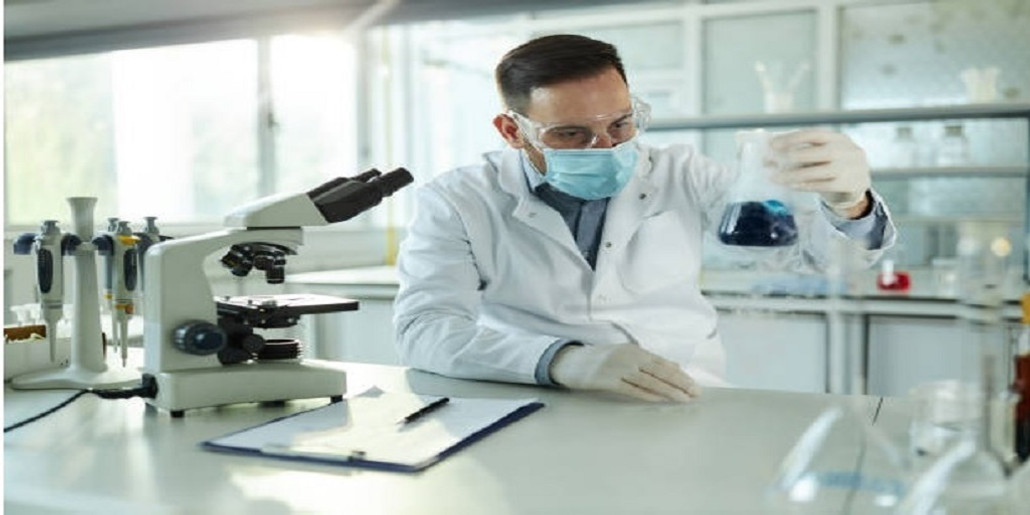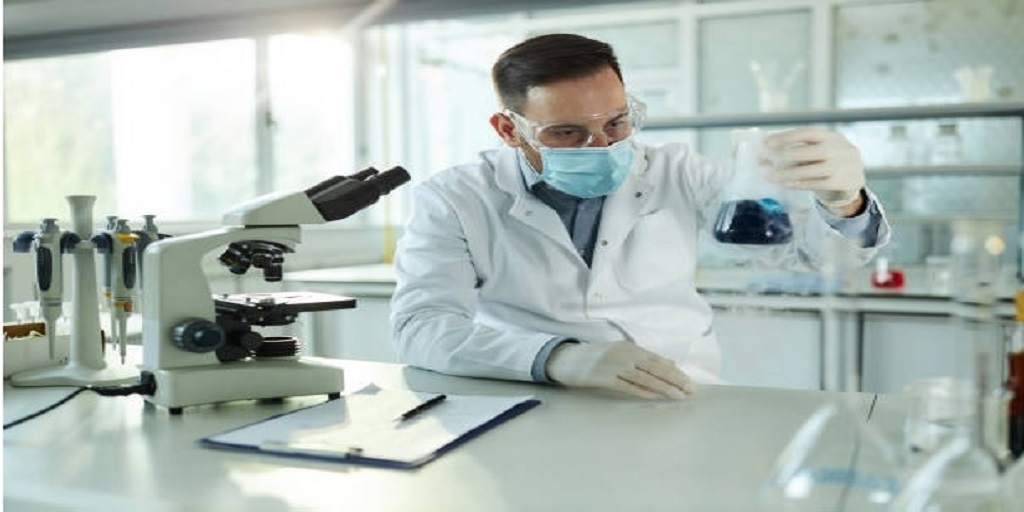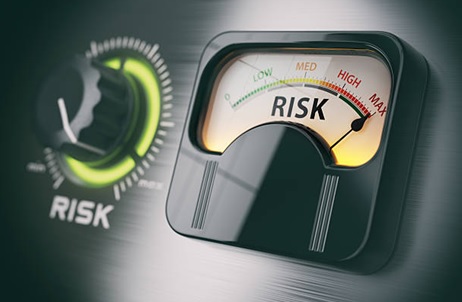
Maximizing Efficiency: A Comprehensive Guide to Purchasing Used Laboratory Equipment
28th Apr 2023

Are you looking to purchase used laboratory equipment but unsure where to start?
Read this comprehensive guide to understand the factors to consider when purchasing used equipment, how to mitigate risks, and where to find reliable sources for purchasing.
As a researcher or lab manager, purchasing laboratory equipment is an integral part of your job. Whether you're stocking a brand-new lab or just replacing your old gear, shopping for new instruments may be a lengthy and taxing process.
That's where purchasing used laboratory equipment can be a cost-effective and efficient solution.
In this comprehensive guide, we'll explore the factors to consider when purchasing used laboratory equipment, including understanding the reasons for equipment disposal, evaluating condition, and assessing the cost-benefit ratio.
We'll also discuss how to mitigate risks associated with acquiring pre-owned laboratory equipment and tips for inspecting and maintaining such laboratory equipment.
Understanding the Reasons for Equipment Disposal
When buying secondhand laboratory equipment, the reason for the equipment's sale is one of the first things to take into account.
What factors contributed to the decision to dispose of the machinery? The equipment's disposal history will help you determine its condition and value.
Evaluating Condition
When purchasing refurbished laboratory equipment, it's crucial to evaluate the equipment's condition thoroughly.
Start by inspecting the equipment for any physical damage or wear and tear.
Check for rust, cracks, and signs of corrosion.
Next, test the equipment to ensure it's in good working condition. If possible, run a sample or test on the equipment to verify its functionality.
Assessing the Cost-Benefit Ratio
The first investment is only the beginning when it comes to buying used laboratory equipment.
The estimated lifespan of the equipment and the cost of any upgrades or maintenance should also be considered.
Failure to do so may lead to more significant expenses down the line, making the supposed cost savings a mere illusion.

Mitigating Risks
As the quest for scientific discovery marches forward, purchasing secondhand laboratory equipment can be a cost-effective option for those looking to save some cash.
However, this route can come with inherent risks, such as malfunctioning equipment or hidden damage that could wreak havoc on experiments and data.
To mitigate these risks, it's essential to purchase refurbished laboratory equipment from a reputable source. A reputable seller will often offer warranties or guarantees that protect buyers from any defects or malfunctions that may arise after purchase.
This added layer of protection can provide peace of mind and help you avoid costly repairs or replacements down the line.
It's important to be aware of the considerations when buying secondhand laboratory equipment. You'll want to evaluate the reasons for equipment disposal, assess the equipment's condition, and weigh the cost-benefit ratio.
But have no fear - we're here to mitigate risks and guide you through the decision-making procedure.
Why HiTechTrader?
Finding a trustworthy and reputable seller is crucial when shopping for secondhand laboratory equipment to ensure you acquire high-quality items that will serve your needs.
That's where HiTechTrader comes in.
At HiTechTrader, we take pride in our commitment to customer satisfaction. We listen to our clients and tailor solutions to their needs.
From the initial consultation to the ongoing support after the sale, our team of professionals is committed to making sure that our clients receive the greatest service and support possible.
Tips for Inspecting and Maintaining Used Laboratory Equipment
Maintaining refurbished laboratory equipment is important for lab managers, technicians, and scientists to ensure correct results and equipment longevity.
Even though used equipment may be less expensive, it requires more attention and maintenance than new equipment. Inspection and maintenance are key components of extending the lifespan of refurbished laboratory equipment.
Clean Your Equipment Regularly
Regular cleaning is one of the most important steps in maintaining your secondhand laboratory equipment. Clean equipment will provide more accurate results and help to extend the lifespan of your equipment.
Calibrate Your Equipment
Calibrating your equipment is essential to ensuring accurate results. Calibrate the balance regularly, ideally daily, and follow the manufacturer's instructions for calibration.
Store Your Equipment Properly
Proper storage is essential to maintaining your laboratory equipment. Ensure that the instruments are completely dry. Use racks or other storage containers to prevent the glassware from touching each other.
Perform Regular Inspections
Performing regular inspections is essential to identifying problems before they become major issues. Replace any instruments that are damaged or no longer functioning properly.
Schedule Regular Maintenance
Make a maintenance plan that specifies when each required maintenance action must be taken. Always follow the manufacturer's instructions for maintenance.
Buy Used Laboratory Equipment Online
Looking for a trusted source to purchase used laboratory equipment?
Look no further than HiTechTrader. Our wide selection of top-brand equipment ensures you'll find what you need.
But that's not all.
We're committed to ensuring that every purchase comes with peace of mind. That's why we offer a warranty or guarantee with every purchase, and we even offer financing options to help make your investment more manageable.
Not sure how to install or use your new equipment? No problem.
In order to make sure that you can immediately begin using your new purchase, we are delighted to assist with the equipment's installation and training. Give us a call today!
